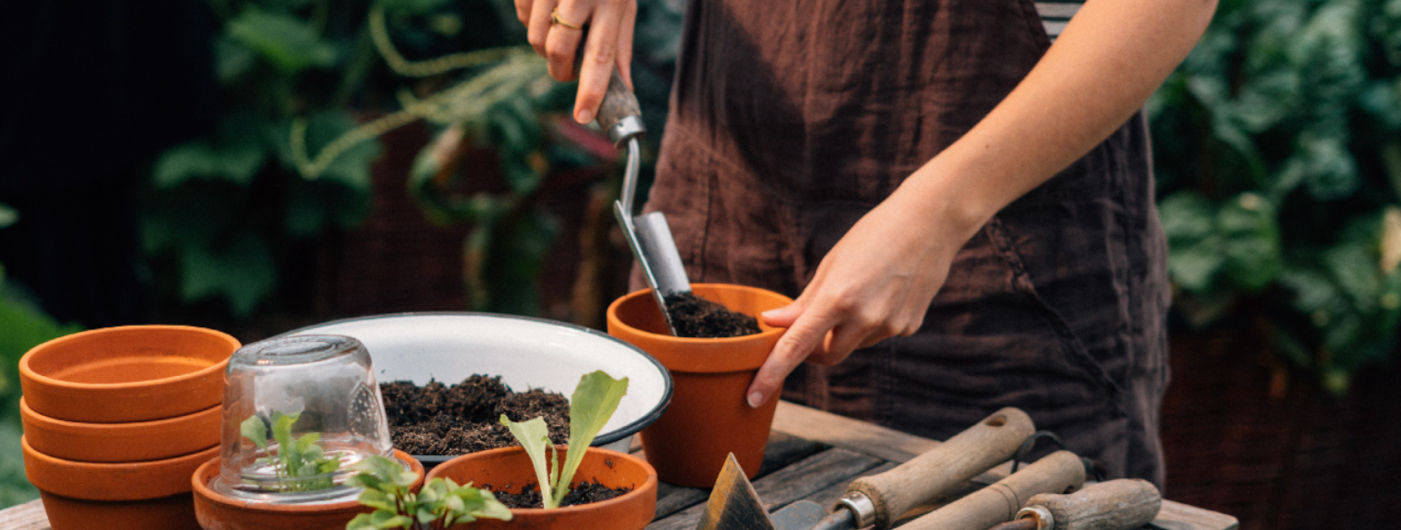Datura
The family of thornapple species is a small grouping of approximately 20 varieties but surprisingly there are plenty of names for the plants botanically referred to as datura, such as: thornapple, jimson weed, devil’s trumpets, toloache, locoweed, hell’s bells, pricklyburr and moonflowers, amongst many more. Datura plants belong to the family of nightshade plants or Solanaceae).
In Europe white thornapple (datura stramonium) is the most common variety. It is an annual plant and often even grows wild in meadows and on agricultural farmland. However most datura plants originate from America and Asia.
All datura plants and thorn-apple seeds are highly toxic and contain all tropane alkaloids atropine, hyoscyamine and scopolamine. Consequently, careful consideration needs to be taken when choosing the right growing location, in order not to endanger children or animals.
Most thorn-apple plants dazzle with their interesting appearance, beautiful funnel-shaped flowers contrasted by their prickly fruits eponymous to the species.
Thorn-apple has been traditionally used in herbal medicine for millennia and is also known for its intoxicating/ hallucinogenic properties. In Europe it is therefore also commonly nick-named ‘oracle plant’ and ‘witches weed’. The seeds of datura were used for brewing an intoxicating tea and love potions, as well as for the preparation of anesthetic ointments. Although thornapple is not recommended for ingestion, Datura is suitable and safe as an incense plant.


